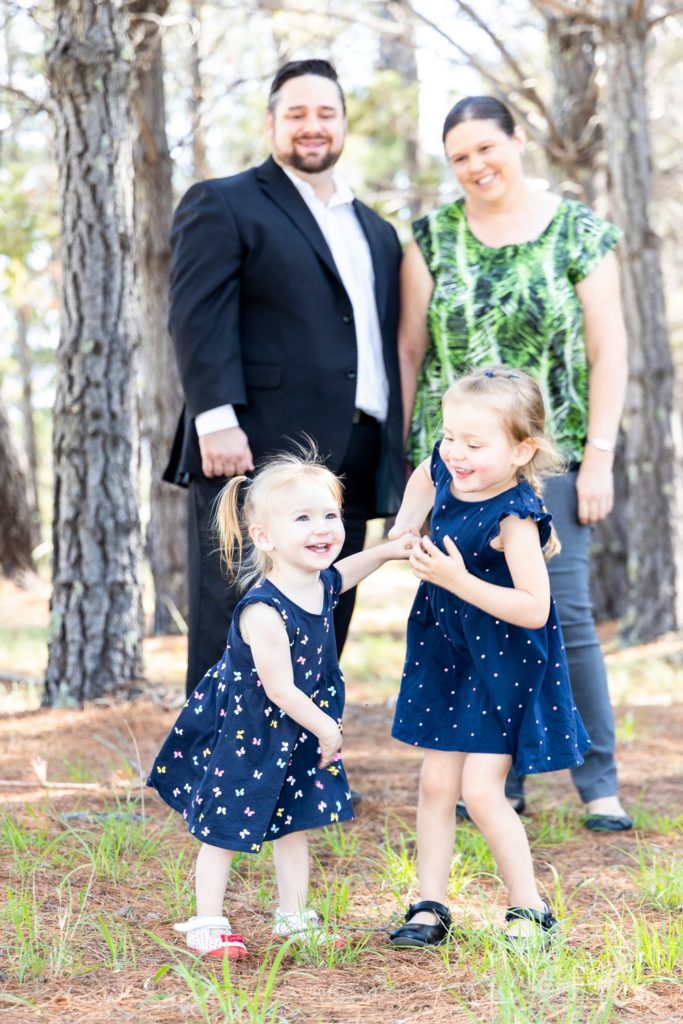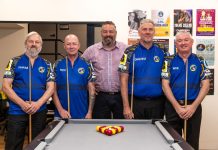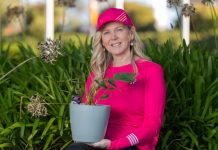New research has confirmed a long-term cost benefit of up to $500,000 per child with hearing loss, when supported by early intervention services.

According to First Voice’s latest Sound Outcomes Report, early intervention programs provided an average benefit of $497,000 for each child with bilateral hearing loss in the 2018 financial year. Benefits include long- and short-term well-being, education, financial and economic gains.
The study also revealed that children supported by early intervention develop listening and speaking skills on par with or above that of their hearing peers.
Twenty-month-old Amira is an example of this, having developed strong spoken language skills through sessions at The Shepherd Centre (a First Voice organisation).
Amira’s parents Sarah and Jeremy discovered their daughter’s hearing loss shortly after birth and, at six weeks of age, she was diagnosed as profoundly deaf in both ears.
“Going through that experience we weren’t sure how much she could hear so we just talked to her as much as normal,” Jeremy recalled.
At seven months of age, Amira was fitted with bilateral cochlear implants and began early intervention sessions at The Shepherd Centre.
“That period was quite stressful,” Sarah said. “We were really hoping that there would be a positive outcome because otherwise we would have to go down the sign language route … we want her (Amira) to be able to have as many opportunities in life as Anna (Amira’s older sister) has.”
Sarah said the sessions at The Shepherd Centre don’t just teach Amira to speak “but to listen”.
“Amira is already speaking above her age group peers and listening on par with her hearing peers,” Sarah said, acknowledging her younger daughter “will always find it hard in a noisy atmosphere”.
The couple say Amira is on track to attend mainstream school, although “maybe not one with open plan”. And much further down the track, they are confident she will be able to have a job and be self-sufficient.








